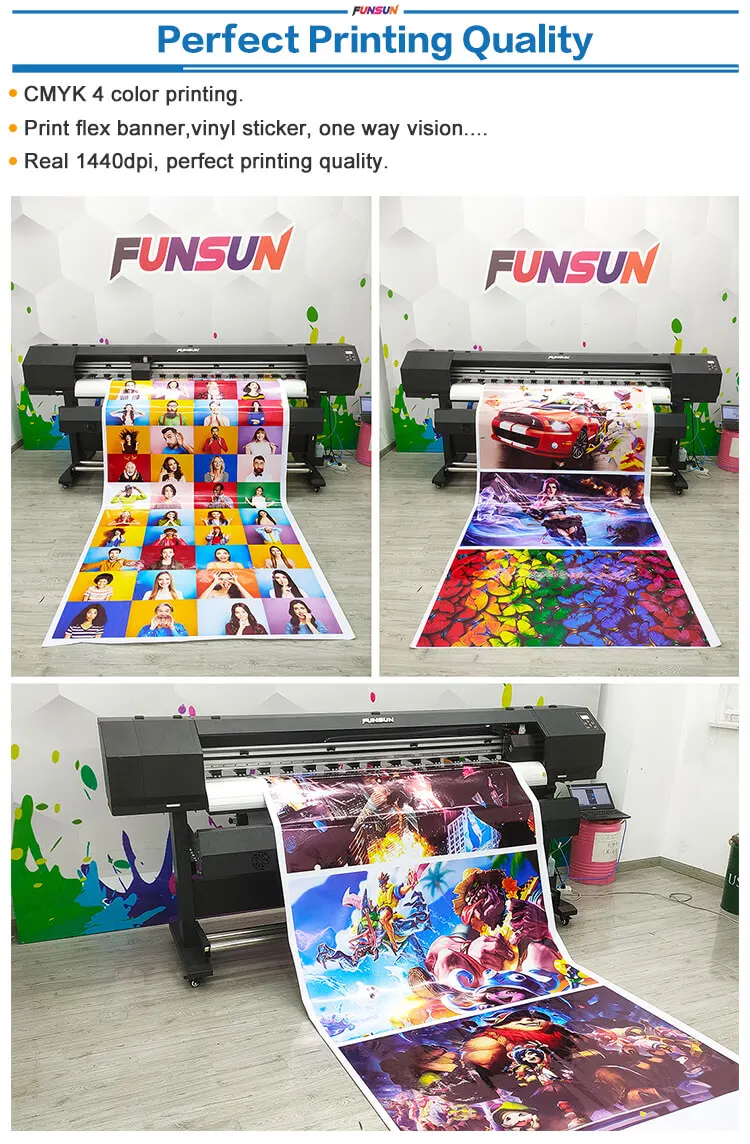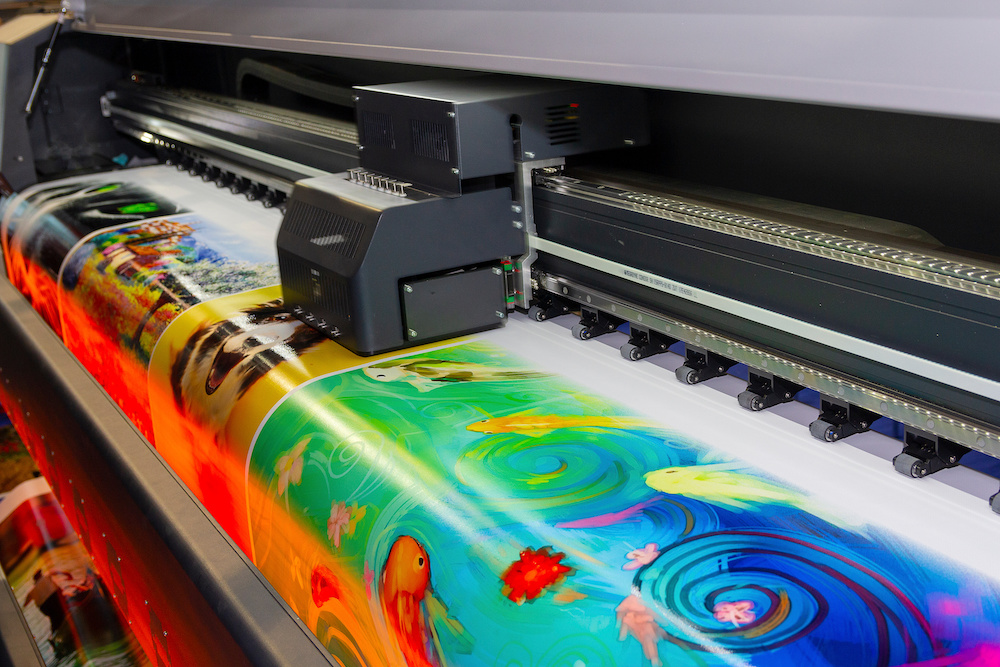Digital Printing Fundamentals Explained
Digital Printing Fundamentals Explained
Blog Article
What Does Digital Printing Do?
Table of ContentsDigital Printing Things To Know Before You Get ThisWhat Does Digital Printing Do?The Best Guide To Digital PrintingAn Unbiased View of Digital PrintingSome Known Incorrect Statements About Digital Printing Facts About Digital Printing UncoveredGetting The Digital Printing To WorkThe Best Guide To Digital Printing
Customization also enables organizations to stand apart in a congested market by producing special advertising materials that distinguish them from their rivals. Among the main benefits of digital printing is the capacity to print variable data. Each printed piece can be unique, permitting companies to create individualized advertising and marketing materials that talk directly to their target market.Digital printing likewise allows for personalization in the design of advertising products (Digital Printing). With electronic printing, organizations can develop layouts that are unique and customized to their specific requirements.
The Of Digital Printing
By publishing smaller sized amounts of marketing products, companies can lower waste and prevent the demand for excess stock. Digital printing is likewise flexible.
By using various products and formats, services can produce special advertising materials that stick out from their competitors and stand out from their target audience. Digital printing likewise supplies consistency. With typical printing methods, there is commonly variation between prints as a result of distinctions in ink coverage, stress, and other aspects.
This uniformity can aid construct client count on and integrity, showing that the service is dedicated to offering top quality materials. Uniformity is especially vital for services that intend to develop consumer count on and reputation. By making sure that every print is regular, services can show that they are dedicated to offering high-quality products and focusing on the information.
Things about Digital Printing

On top of that, digital printing creates much less waste since it can publish as needed and in smaller quantities, lowering the need for excess inventory and products. Digital printing likewise utilizes much less power contrasted to typical printing approaches. Digital printers do not need as much energy to run, as they do not require to warm up as much or make use of as much power to run.
The Definitive Guide for Digital Printing

Countered printing calls for a plate for every shade printed. Standard offset printing is a print method that utilizes light weight aluminum plates to you can check here move ink onto a rubber sheet (frequently described as a "covering"). The photo is then rolled onto the printing surface area. This printing technique is considered "balanced out" since the ink is not transferred to the paper straight.
Get This Report about Digital Printing
Balanced out printing enables for a large variety of print products to be used during manufacturing. The top notch images created via balanced out printing make it the preferred method, specifically among visuals designers, when looking for the biggest shade reproduction, detail, and professional-looking prints.
The basic printing method remains countered. For digital inkjet printing, ink is moved directly onto the surface. As opposed to depending on aluminum plates and rubber blankets to move an image, electronic printing utilizes liquid ink during manufacturing. Typical home inkjet printers are just one of one of the most typical digital printing methods.
The Buzz on Digital Printing
Due to the fact that countered printing can mix personalized shade inks for each work, it will naturally get the colors spot-on. Count on countered printing for tidy, distinctive kinds and pictures without streaks or places.
It sets you back a whole lot to start a countered work. You need to spend money right into developing the plates, which takes time. When you have actually invested it, all of the products are ready to go, and you'll spend much less on huge balanced out jobs than an electronic print, which is concerning the exact same per item no matter how large the work obtains.
Each print equals. You risk less odd variants triggered by inequalities in water and ink. Digital printing is much less pricey for low-volume jobs. The cost each goes down for digital printing, so at some factor, they crisscross. Transforming information within a solitary useful source print task. For instance, state you were publishing out postcards promoting a show.
The Buzz on Digital Printing
While electronic printing or inkjet printing is the preferred selection in the present times, there are engaging factors to transform from offset to electronic printing systems. When publishing countered or digitally, vital decisions and processes are entailed in shade matching.
Industrial inkjet printing uses flexibility for printing on several various substratums. Digital printing is perfect for consumers who do not call for longer runs and warehousing materials.

One benefit of electronic printing is choosing from a wide variety of electronic substrates. With balanced out printing, substratums compose, on average, 30% of the expense of the work. you can try these out With digital printing, the expense of the substratum in the total job is small. This permits for more options than in the past, and that benefits marketing professionals and businesses.
What Does Digital Printing Mean?
Tools expenses in inkjet printing are far reduced than offset printing as there are no plate-making, plates, and press expenditures. Beyond the capital expenditure, the prepress devices and printing presses call for extremely experienced drivers in balanced out printing, which includes labor expenses.
Report this page